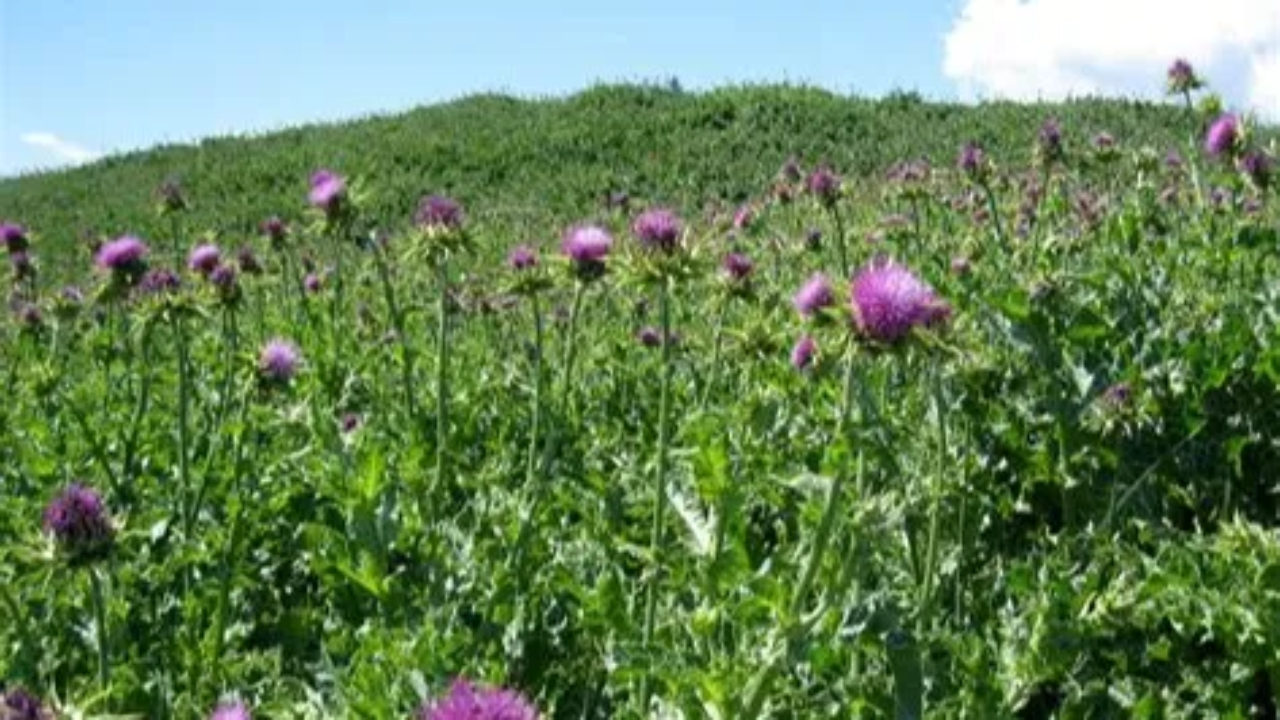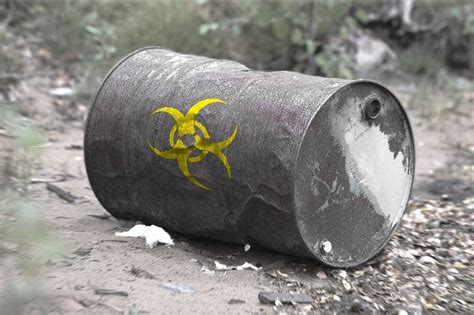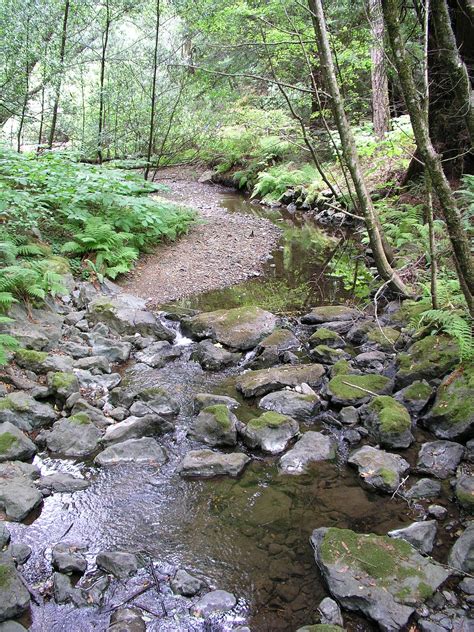Weeds, the Other Pests

Hidden Dangers
Thistles may have a pretty purple flower when they bloom, but they don’t serve as a good companion to your tomatoes or your driveway. If left to their own devices, your garden will be overrun in a short period of time. Before you know it you’ll be headed for the store to buy what you think is a safe herbicide. What is advertised as safe is actually extremely harmful to you and the environment. Common herbicides used for weed control contain toxic Active ingredients like glyphosate that have been linked to lymphoma, hormone disruption and the big “C” (cancer). As if these harmful risks weren’t bad enough, these products also contain hidden inert ingredients that are equally as harmful. Even though inert ingredients don’t act as the main star in these mixtures, they usually play a vital role by serving as a surfactant that makes the mixture stick to and damage the plant’s surface for better application. These ingredients are masked as trade secrets and don’t have to be revealed to the unknowing consumer. In fact, some of these ingredients have been found to be more than one thousand times more toxic than glyphosate itself and have been linked to infertility. (1) (2)
How does this affect us, besides the obvious?
Well, these poisons are not only as harmful to our health as they are to the weeds they are meant to annihilate. Their use also has resounding implications on the environment. The chemicals pass through the air and land on unintended victims in the environment like other plants, animals and insects to wreak as much havoc on them as it they do the weeds. Innocent bystanders, other family members or neighbors who have no idea can also breathe in these toxic inhalants. After being sprayed these chemicals can leach through the soil into the waterways that are home to all sorts of aquatic life like fish. These same waterways also serve as the public water systems that supply many communities with drinking water. The use of these chemicals does not just kill the weeds, they kill everything, including us. Even if done unintentionally, the whole ecosystem is in turn harmed by the single intent to rid our gardens, yards and crops of pesky weeds. (3)
The term ‘You are What You Eat’ could not ring more true when it comes to the use of these poisons in your garden. The World Health Organization (WHO) classified glyphosate as a probable human carcinogen in 2015.

Good News – Natural Alternatives
The good news is, there are effective ways to prevent and combat weeds without sacrificing the health of yourself or your loved ones. Keep in mind that large weeds or heavy infestations may require multiple applications in order to be effective.
Vinegar and salt mixed with oil or soap: Agricultural vinegar is roughly 20% acetic acid and this will break down plant foliage quickly, while the oil or soap will break down any protective layers the plant may have to protect its self. Household vinegar will work too, but it has a much lower acetic acid level of just 5%. You should also be wary of soaps with synthetic ingredients such as sodium chloride as this ingredient is very harmful to all plant life and can even kill large plant life such as trees. Recipe found here.
Essential Oils
Studies have shown that certain essential oils can be highly effective in killing weeds if used in the right concentration. Some of these oils include Winter Savory, Peppermint, Wintergreen, Clove and Cinnamon. An added benefit is that cinnamon is highly effective in insect pest control as well. You can add these oils to your Vinegar and Salt mixture to bump up the potency.
Boiling Water: A quick, easy and highly effective weed killer is boiling water. It will kill every part of an unwanted plant. Heat the water to about 220 degrees for the best results.
Cornmeal: A lesser known weed preventative is cornmeal. By sprinkling cornmeal on the area around of a weed in early Spring it will prevent further plant germination from happening and stop new weeds from popping up. (4) (5) (6) (7) (8)
There are several safe alternatives to toxic herbicides and the benefits of offer a far greater reward than the hazards that come with the ease of spraying the bad stuff. In the end, your health and the health of your family are worth the extra effort.




